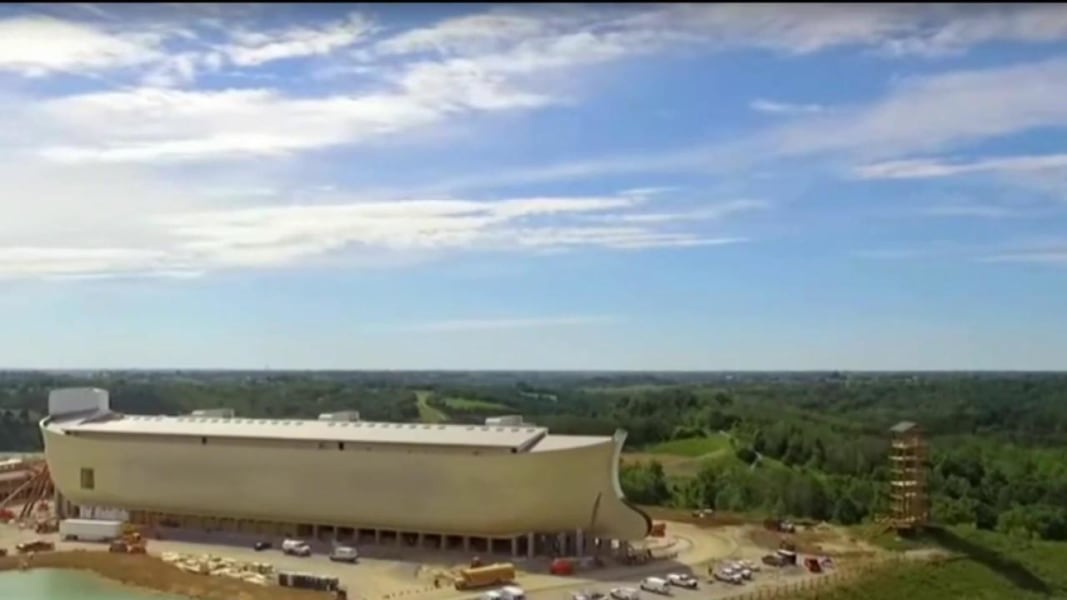A very exciting discovery has been made that to me is the most phenomenal since the Shroud of Turin, which I have been following very closely for 30 years.
https://www.christiantoday.com/arti...ch.in.rome.during.restoration.work/113537.htm
This news just broke tonight on the news and all of Christendom is very happy and will be waiting for more DNA tests to be done to prove its authenticity.
Although St Peter is claimed by some to be the "first Pope", I would question that, although I'm not going to dispute it here.
My feeling is that before this earthly sojourn is over for us, all the atheists will be proven wrong, and this is one more step in that direction.
The good news for that group of persons is that the Bible says that eventually the latter days will be like those of Noah. The reason that is good news is that the people of that day still had a chance to repent and get on board the ark, just as persons who are non-believers in latter days have a chance to do the same. I think the evidence will show as discoveries continue to be made by archaeologists and scientists that the bible is true.
https://www.christiantoday.com/arti...ch.in.rome.during.restoration.work/113537.htm
This news just broke tonight on the news and all of Christendom is very happy and will be waiting for more DNA tests to be done to prove its authenticity.
Although St Peter is claimed by some to be the "first Pope", I would question that, although I'm not going to dispute it here.
My feeling is that before this earthly sojourn is over for us, all the atheists will be proven wrong, and this is one more step in that direction.
The good news for that group of persons is that the Bible says that eventually the latter days will be like those of Noah. The reason that is good news is that the people of that day still had a chance to repent and get on board the ark, just as persons who are non-believers in latter days have a chance to do the same. I think the evidence will show as discoveries continue to be made by archaeologists and scientists that the bible is true.


